Hiring the right chatbot developer is crucial for building an engaging and effective conversational AI solution.
But with so many skills to consider, where do you start?
This guide lists the top skills to prioritize when evaluating chatbot developer candidates, from natural language processing to design thinking.
By understanding the critical competencies required, you'll be better equipped to assemble a team to bring your chatbot vision to life and deliver a superior user experience.
Keep reading to learn more about the must-have skills for chatbot developers ai and how to identify the right talent for your project.
1. Ability to Understand the Business Requirements
A skilled chatbot developer should have a solid understanding of your business needs and goals.
They need to gather relevant information about your industry, target audience, and the specific tasks you want the chatbot to perform.
Gathering Relevant Information
The developer should conduct thorough research and interviews to gather all the necessary information about your business processes, customer preferences, and pain points.
This will help them design a chatbot that meets your specific requirements.
Conducting a Feasibility Study
A competent chatbot developer will conduct a feasibility study to assess the viability and potential challenges of implementing a chatbot solution.
This study will help identify any technical, practical, or budgetary obstacles that may arise during the development phase.
Identifying Potential Problems
An experienced developer will proactively identify potential problems that may arise during chatbot development and propose effective solutions.
They should be able to foresee challenges and suggest efficient alternatives to ensure a smooth development process.
2. Proficiency in Natural Language Processing (NLP)
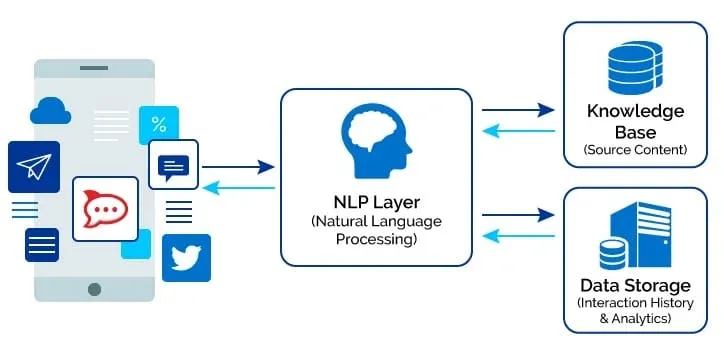
Natural Language Processing (NLP) is the backbone of chatbot development. A competent chatbot developer should have a strong understanding of NLP and how to use it to build an effective chatbot.
What is NLP?
Natural Language Processing (NLP) is a field of artificial intelligence that focuses on enabling computers to understand and respond to human language.
It involves teaching machines to comprehend and generate human-like responses, whether it's in the form of text or speech.
Powering Chatbot Interactions
NLP plays a vital role in chatbot development, as it enables these virtual assistants to understand and respond to users in a natural, conversational manner.
Using NLP techniques, chatbots can analyze user inputs, extract relevant information, and generate appropriate responses based on the context. This not only enhances the overall user experience but also enables more personalized and engaging interactions.
Required Skills for NLP
A skilled chatbot developers AI should know key NLP techniques, such as text classification, sentiment analysis, named entity recognition, and natural language generation.
They should be proficient in programming languages commonly used in NLP, such as Python, and have experience working with NLP libraries and frameworks.
Choosing the Right NLP Framework
There are several NLP frameworks available, such as SpaCy, NLTK, and TensorFlow. A competent chatbot developers AI should have experience working with various NLP frameworks and be able to choose the right one based on your specific requirements.
By considering a developer's proficiency in NLP and ability to leverage it effectively, you can ensure that your chatbot is equipped with the necessary language understanding and generation capabilities.
And that is where BotPenguin comes in!
BotPenguin houses experienced developers with 5+ years of expertise who know their way around NLP and LLM bot development in different frameworks.
And that's not it! They can assist you in implementing the large language model into your chatbot to enhance its language understanding and generative capabilities, depending on your business needs.
- Hire Chatbot Developers
- Custom Chatbot Development
- Whitelabel ChatGPT
- Hire ChatGPT Developers
- Custom ChatGPT Plugins
- ChatGPT Clone
- ChatGPT Consultant
3. Knowledge of Machine Learning (ML)
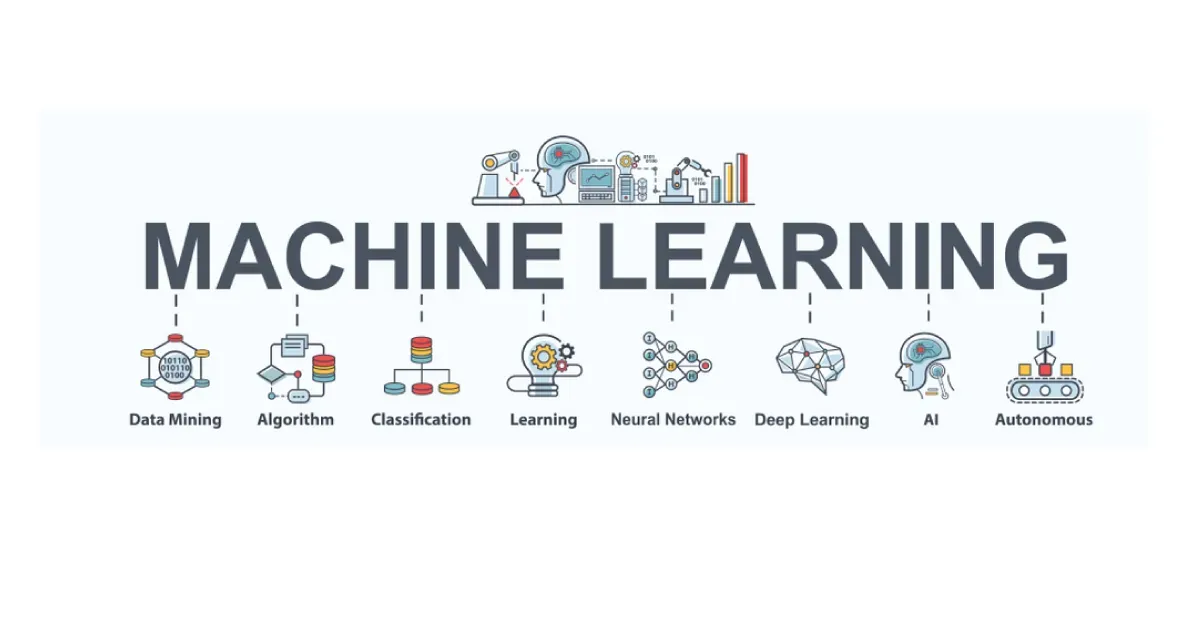
Machine Learning (ML) is an essential component of chatbot development. A competent chatbot developer should have a good understanding of ML concepts and how to apply them effectively.
What is ML?
Machine Learning is a subset of artificial intelligence that focuses on enabling computers to learn and make predictions or decisions without explicit programming.
It involves training algorithms on data to recognize patterns, make accurate predictions, or generate responses.
ML Applications in Chatbot Development
ML plays a vital role in chatbot development by enabling it to learn from user interactions and improve its performance over time. It helps the chatbot understand user inputs, classify intents, and generate relevant responses based on learned patterns.
Learning Algorithms Required for ML
A skilled chatbot developer should be knowledgeable of various ML algorithms, such as decision trees, support vector machines, neural networks, and reinforcement learning.
Each algorithm has its strengths and weaknesses, and the developer must select the most appropriate one based on the chatbot's specific requirements.
Making the Right Choice for ML Frameworks
There are several ML frameworks available, such as TensorFlow, PyTorch, and scikit-learn. A competent chatbot developer should have experience working with different ML frameworks and be able to choose the right one based on the project's complexity, scalability, and performance requirements.
Suggested Reading:Transform Your Business with Top-notch Chatbot Developers
4. Familiarity with Dialogflow Platform
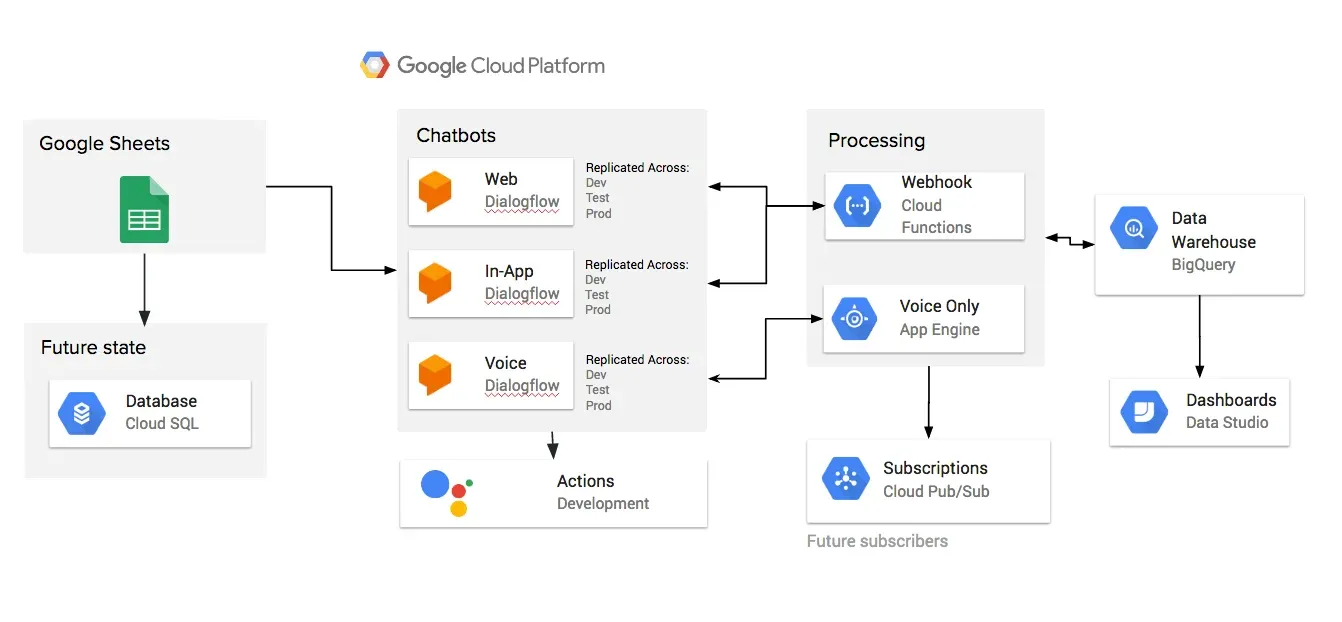
Dialogflow is a popular chatbot development platform that provides developers with the necessary tools and features to create sophisticated chatbot solutions.
What is Dialogflow?
Dialogflow is a cloud-based platform that uses natural language understanding and ML techniques to build conversational interfaces. It offers a range of features, including voice and text-based interactions, multi-language support, context management, and integration with various messaging channels.
The Importance of Dialogflow in Chatbot Development
Dialogflow simplifies the chatbot development process by providing pre-built agents, intuitive interfaces, and robust natural language processing capabilities.
It allows developers to focus on designing conversational flows and implementing business logic rather than worrying about low-level NLP tasks.
Becoming Familiar with Dialogflow Features
A competent chatbot developer should be familiar with Dialogflow's features, such as entity extraction, intent classification, fulfillment webhooks, and integration with external services.
They should have hands-on experience using these features to build interactive and intelligent chatbot experiences.
Choosing the Right Dialogflow Package
Dialogflow offers different packages with varying capabilities and pricing plans. A skilled developer should be able to assess your project requirements and recommend the most suitable package that aligns with your budget and functional needs.
5. Knowledge of Artificial Intelligence (AI)
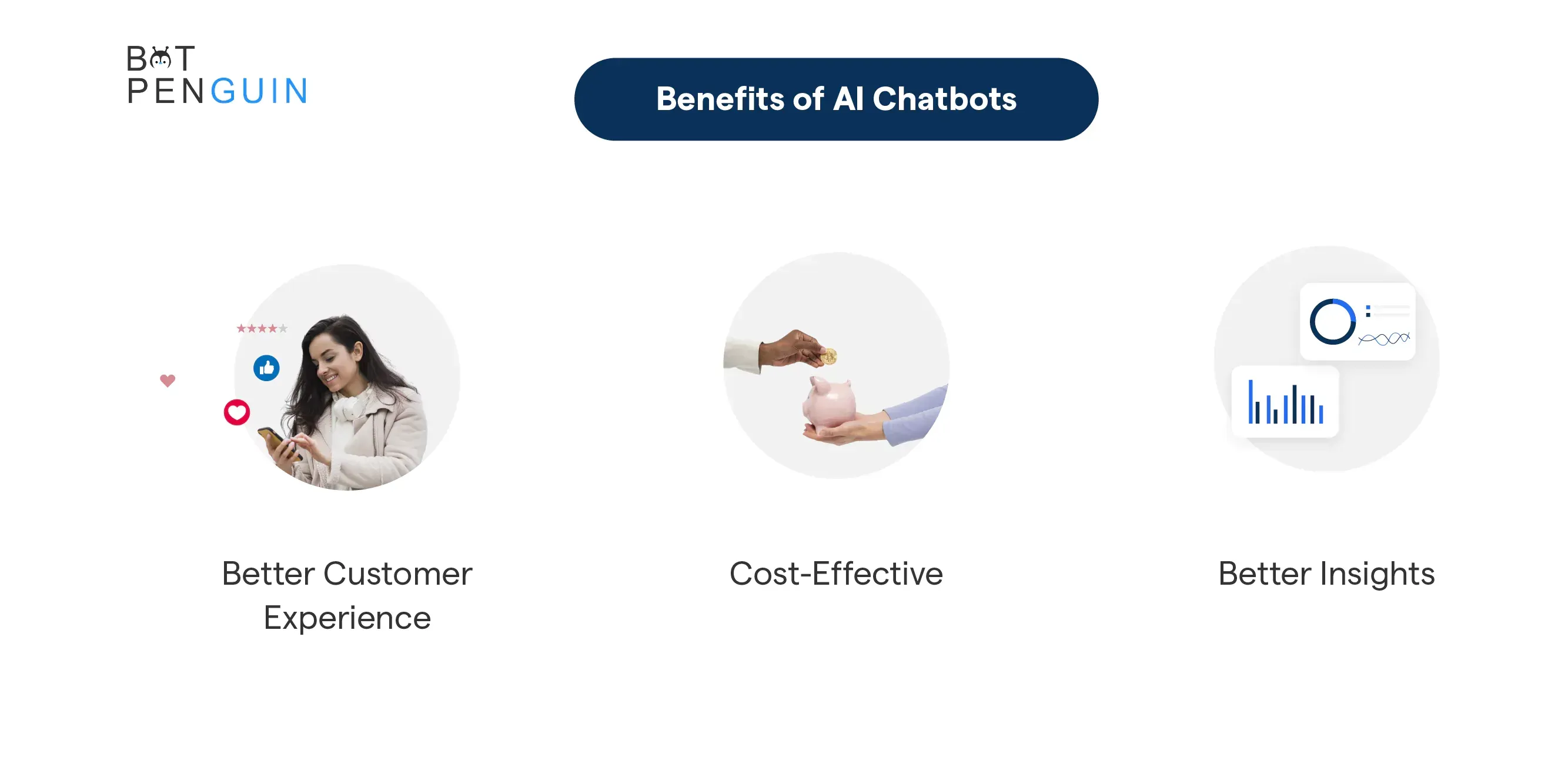
Artificial Intelligence (AI) forms the foundation of chatbot development. A competent chatbot developer should have a solid understanding of AI concepts and how they apply to chatbot systems.
AI Applications in Chatbot Development
AI plays a significant role in chatbot development by enhancing the chatbot's ability to understand natural language, learn from interactions, and provide personalized responses. It helps in creating more engaging and human-like conversations with users.
Required AI Skills for Chatbot Developers AI
A skilled chatbot developer should have a sound understanding of AI concepts such as natural language processing, machine learning, and knowledge representation.
They should be familiar with AI libraries, frameworks, and programming languages commonly used in chatbot development.
Making the Right Choice for AI Frameworks
There are various AI frameworks available, such as TensorFlow, Keras, and PyTorch. A competent chatbot developer should have experience working with these frameworks and be able to choose the most suitable one based on the project's requirements, scalability, and performance needs.
Suggested Reading:
Skyrocket Your ROI with Professional Chatbot Developers
6. Proficiency in Programming Languages
Programming languages are fundamental tools for chatbot developers AI. A skilled chatbot developer should have proficiency in one or more programming languages commonly used in chatbot development.
Best Programming Languages for Chatbot Development
Some of the best programming languages for chatbot development include Python, Node.js, Java, and C#.
Python and Node.js are the most commonly used due to their simplicity, flexibility, and extensive support for machine learning libraries. Java and C# are popular choices for building enterprise-grade chatbots.
Required Programming Language Skills for Chatbot Developers
A chatbot developers AI should have knowledge and proficiency in programming languages such as Python, JavaScript, Java, C#, and other languages that support chatbot development. Recruiters should check for these hard skills on a candidate's resume while hiring to ensure they have the necessary technical expertise for the role.
They should be familiar with programming concepts, software development principles, and best practices related to chatbot development.
Choosing the Best Programming Language for the Task
The programming language used in chatbot development depends on various factors, such as the complexity of the chatbot, performance requirements, integration needs, and the developer's skillset.
A skilled chatbot developer should be able to evaluate these factors and select the best programming language for the task.
For example, experts from Netcorp, a software development company, point out that language choice can also affect integration timelines—some languages offer better compatibility with chatbot frameworks and APIs, reducing development overhead and speeding up deployment.
7. Knowledge of Chatbot Design
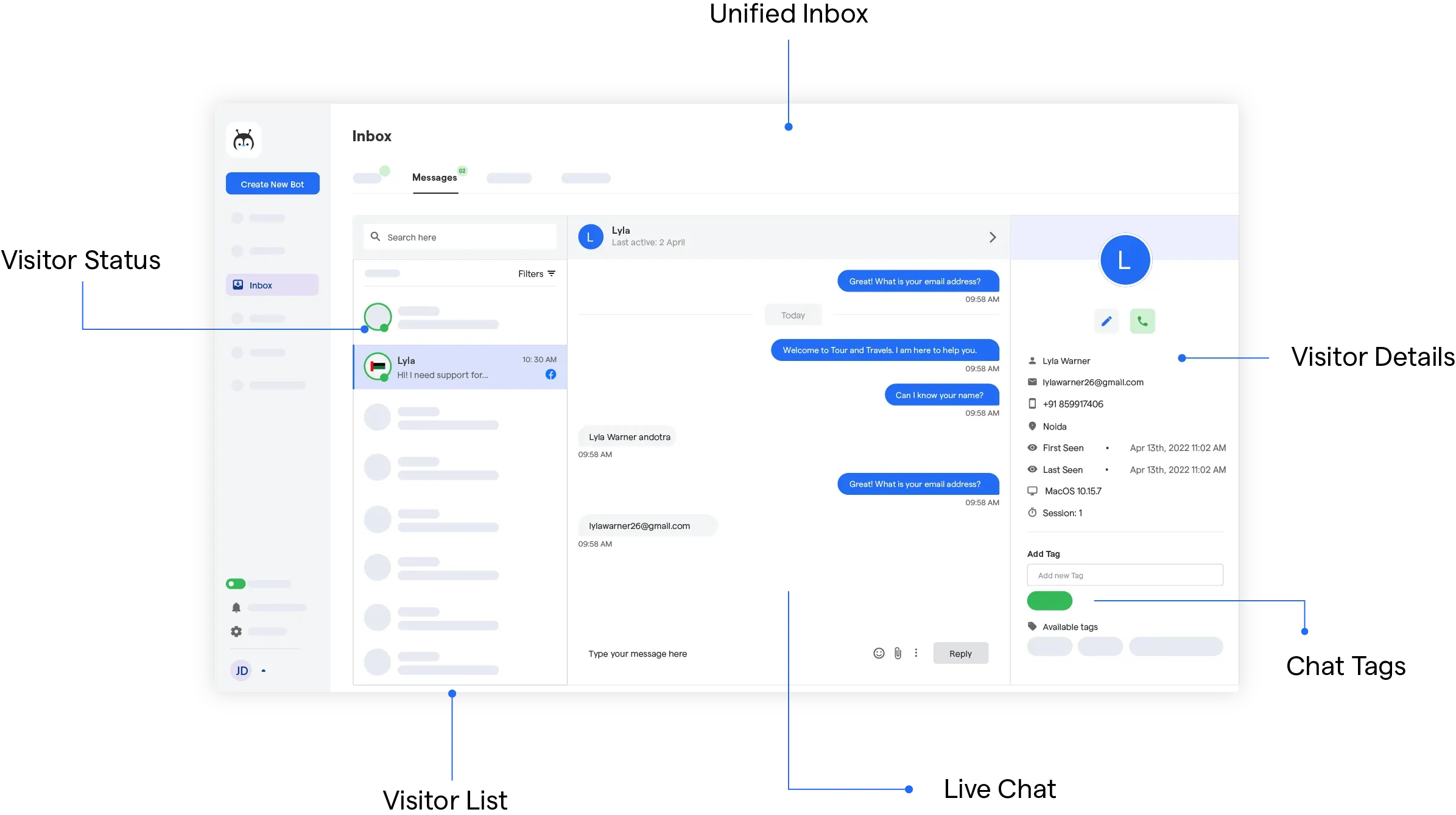
Chatbot design involves creating a conversational experience that engages users and makes their interaction with the chatbot more natural and intuitive.
Understanding Chatbot UI/UX
A chatbot's user interface (UI) and user experience (UX) are critical for enhancing the interaction between the user and the chatbot.
A competent chatbot developer should be able to create intuitive and user-friendly chatbot UI/UX designs that align with the brand's image and overall user experience.
Designing a Conversational Flow
A well-designed conversational flow enables users to engage with the chatbot and get the desired results quickly.
A skilled chatbot developer should be able to design effective conversational flows that enable users to navigate the chatbot's features and functionalities smoothly.
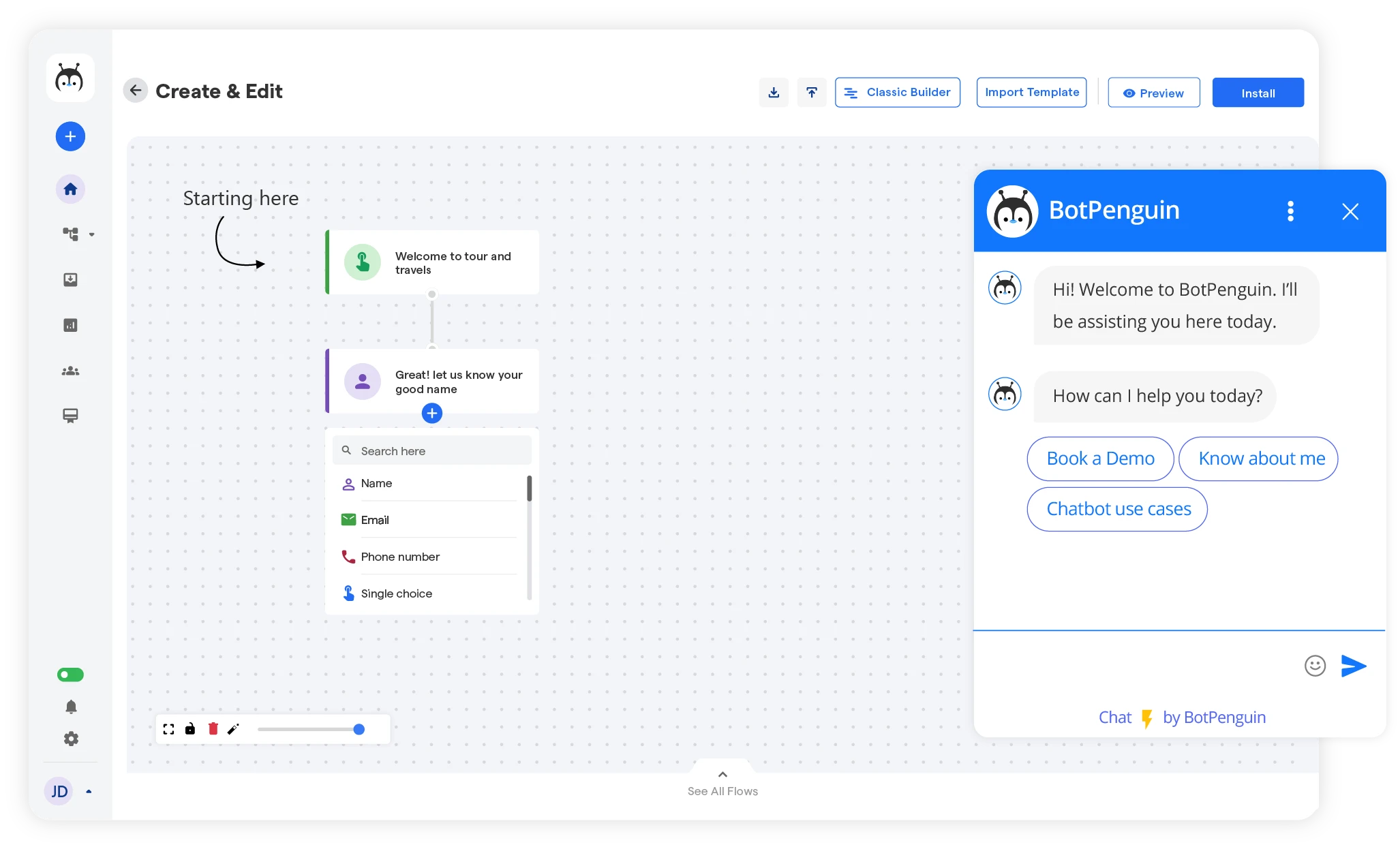
Writing Engaging Dialogues
Engaging dialogues keep users interested and increase the chatbot's effectiveness. A competent chatbot developer should possess excellent writing skills and be able to create engaging dialogues that align with the user's interests and expectations.
Creating Human-like Interactions
A chatbot that behaves like a human is likelier to elicit positive user responses. Hence, it is essential to create chatbots that mimic human conversation through natural language processing and machine learning techniques.
A skilled chatbot developer should be able to create chatbots with human-like interactions that improve user engagement and satisfaction.
Suggested Reading:
8. Familiarity with Chatbot Deployment Architecture
Chatbot deployment is a critical aspect of chatbot development. A competent chatbot developer should have a good understanding of the chatbot deployment process, including cloud deployment, choosing the right deployment tools, and addressing security concerns.
Understanding the Chatbot Deployment Process
The chatbot deployment process involves taking the developed chatbot and making it available for users to interact with.
It includes tasks such as hosting the chatbot on a server, configuring the necessary infrastructure, and ensuring its availability to users.
Familiarity with Cloud Deployment
Cloud deployment offers numerous benefits for chatbot scalability, performance, and accessibility.
A skilled chatbot developer should be familiar with popular cloud platforms like AWS, Google Cloud, and Azure and have experience deploying chatbots on these platforms.
Choosing the Right Deployment Tools
Various deployment tools, such as Docker, Kubernetes, and serverless frameworks, are available for chatbot developers AI.
A competent chatbot developer should have knowledge of these tools and be able to choose the most appropriate one based on the project's requirements, scalability needs, and budget.
Handling Security Concerns
Security is paramount when deploying chatbots, as they may handle sensitive user information or interact with backend systems.
A skilled chatbot developers AI should be familiar with security best practices, understand common vulnerabilities, and implement appropriate security measures to protect user data and prevent unauthorized access.
Conclusion
Selecting the right chatbot developer is crucial for building a successful conversational AI solution.
Consider the skills outlined in this guide – from natural language processing to design thinking – and you'll be better equipped to evaluate candidates and assemble a team capable of delivering an exceptional chatbot experience.
Remember, BotPenguin offers a powerful platform for creating and deploying chatbots, with pre-built templates, intuitive interfaces, and robust natural language processing capabilities.
Skip the hassle of finding the perfect developer and let BotPenguin handle the heavy lifting, so you can focus on providing top-notch customer service and driving business growth.
Suggested Reading:
Frequently Asked Questions (FAQs)
What are the must-have technical skills for a chatbot developer?
AI Chatbot developers must be experts in programming languages like Python, JavaScript, and Node.js and familiar with NLP tools and machine learning algorithms.
What non-technical skills should you consider when hiring a chatbot developer?
Chatbot developers AI should have great communication skills, teamwork abilities, and adaptability. They should be proactive and quick problem solvers.
Why is experience with natural language processing (NLP) important for chatbot developers?
NLP is a crucial part of chatbots, and developers should have experience using NLP tools such as Dialogflow, Wit.ai, or IBM Watson. This is necessary for crafting effective conversational flows.
How can chatbot developers ensure their chatbots are efficient and scalable?
Developers can ensure the scalability of their chatbots by using a cloud-based service, managing the server environment for high traffic, and addressing the AI model’s performance.
What is the role of chatbot developers in maintaining and updating chatbots?
Chatbot developers AI are responsible for maintaining and updating chatbots. It includes upgrading software, integrating analytics, implementing user feedback, and optimizing its conversational flow.


